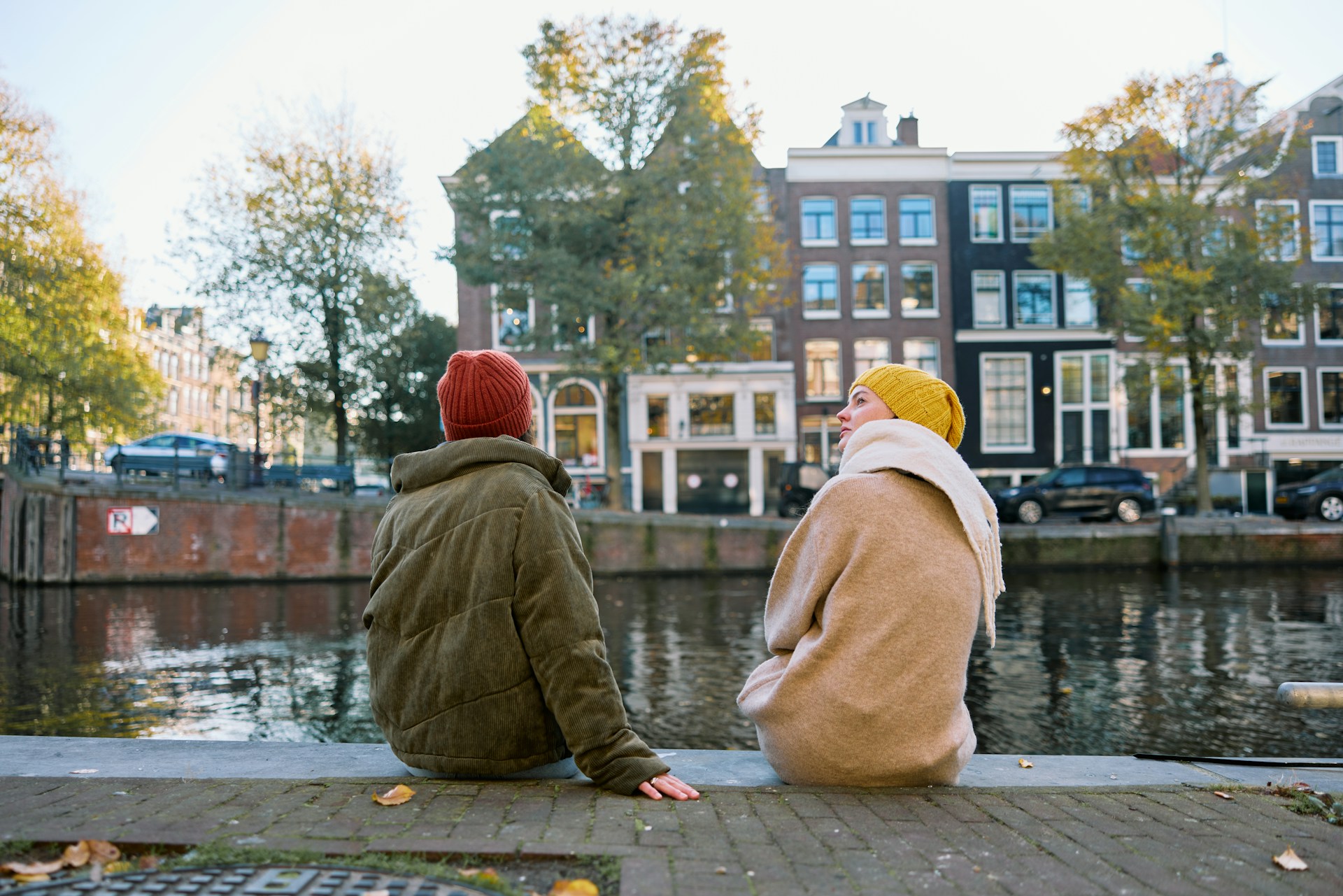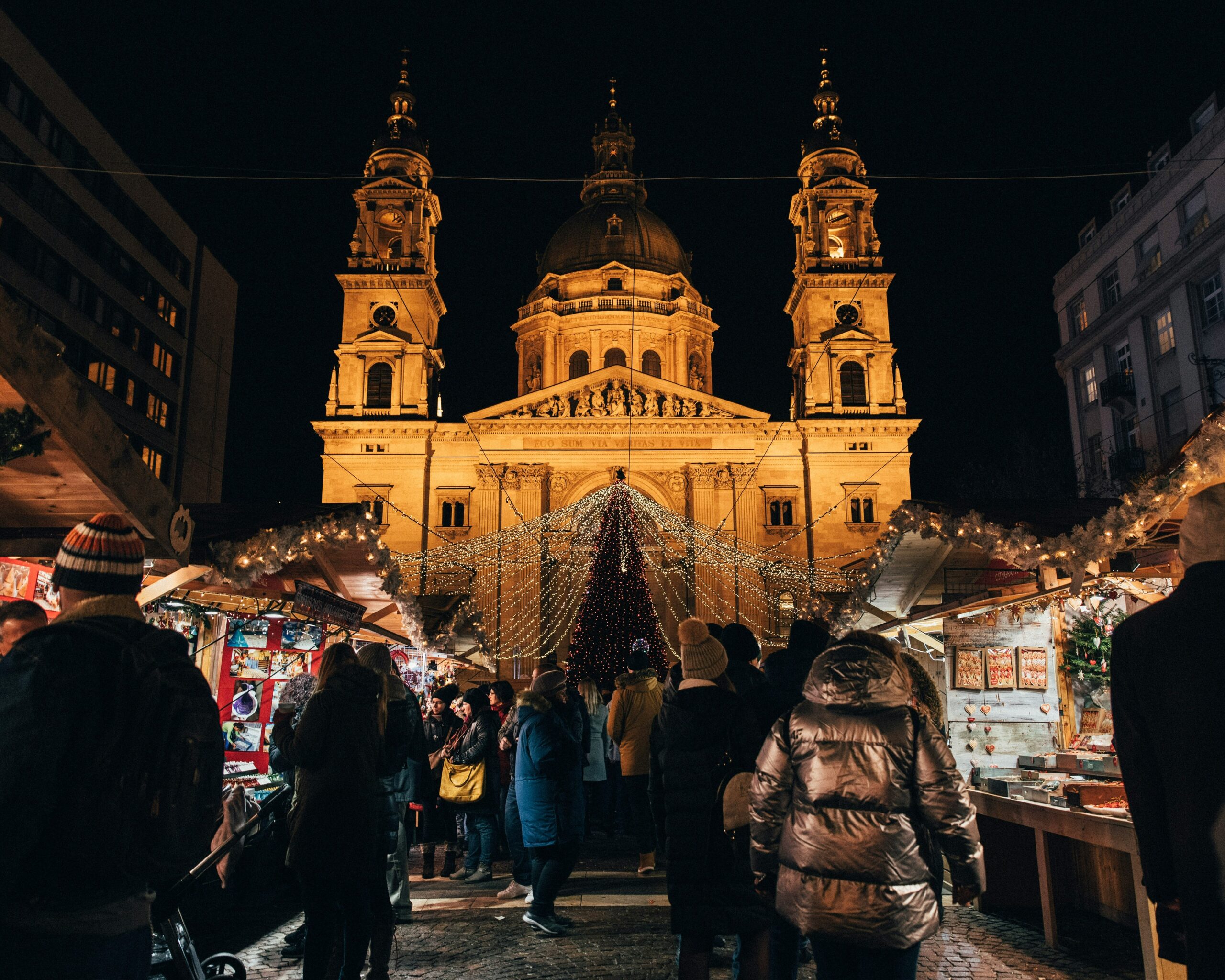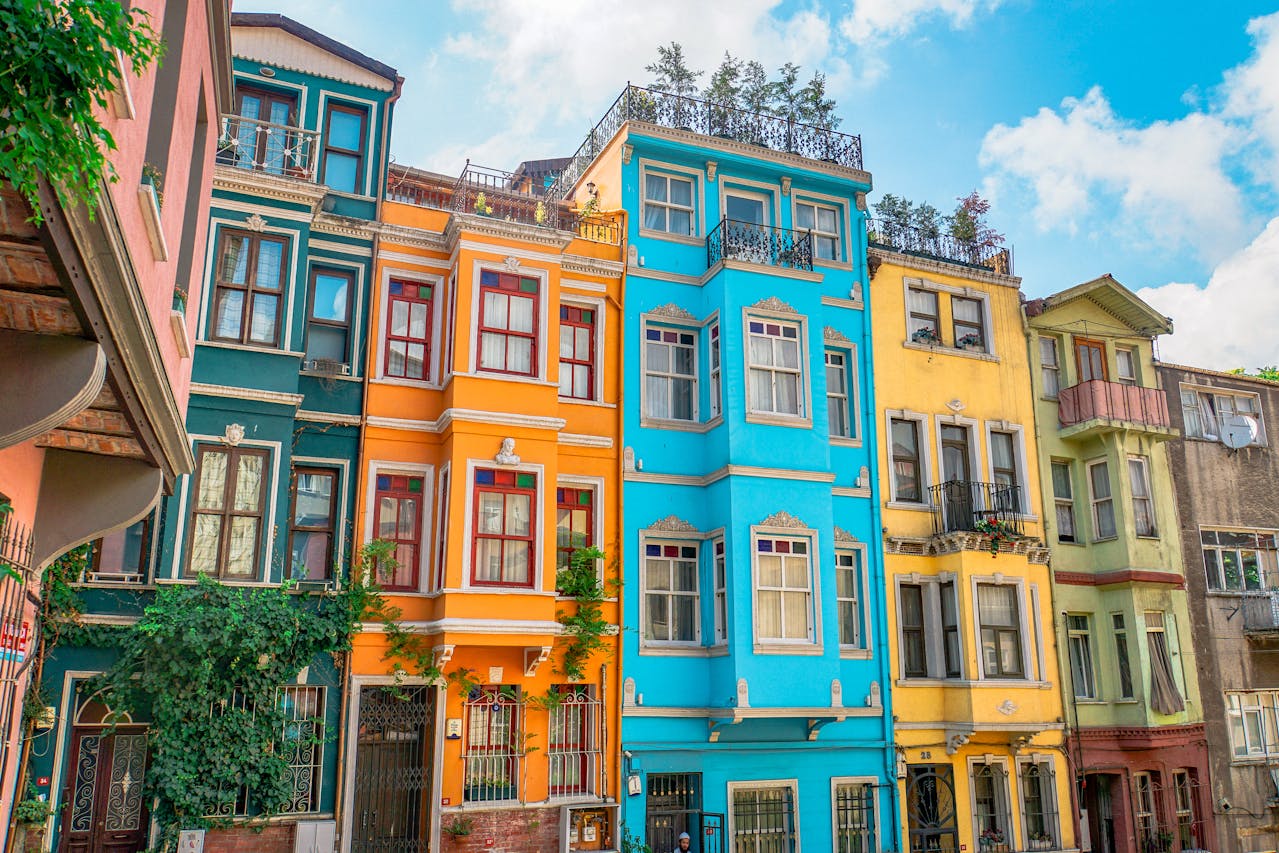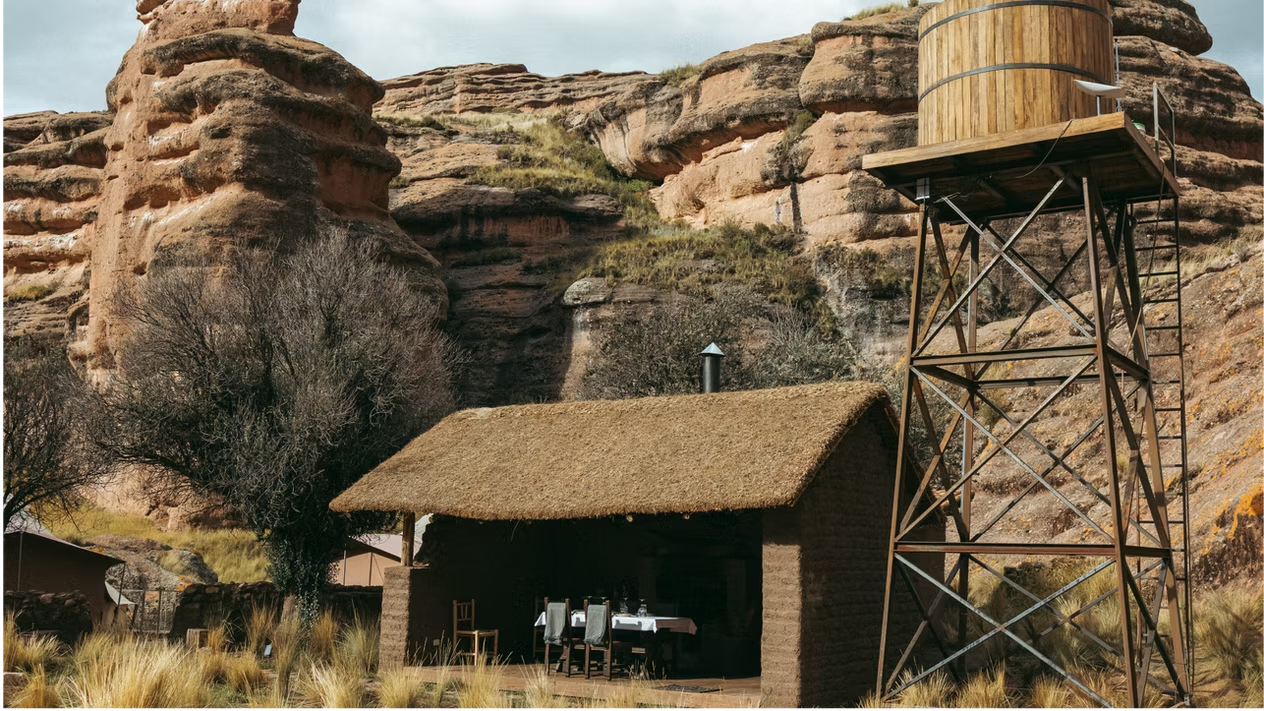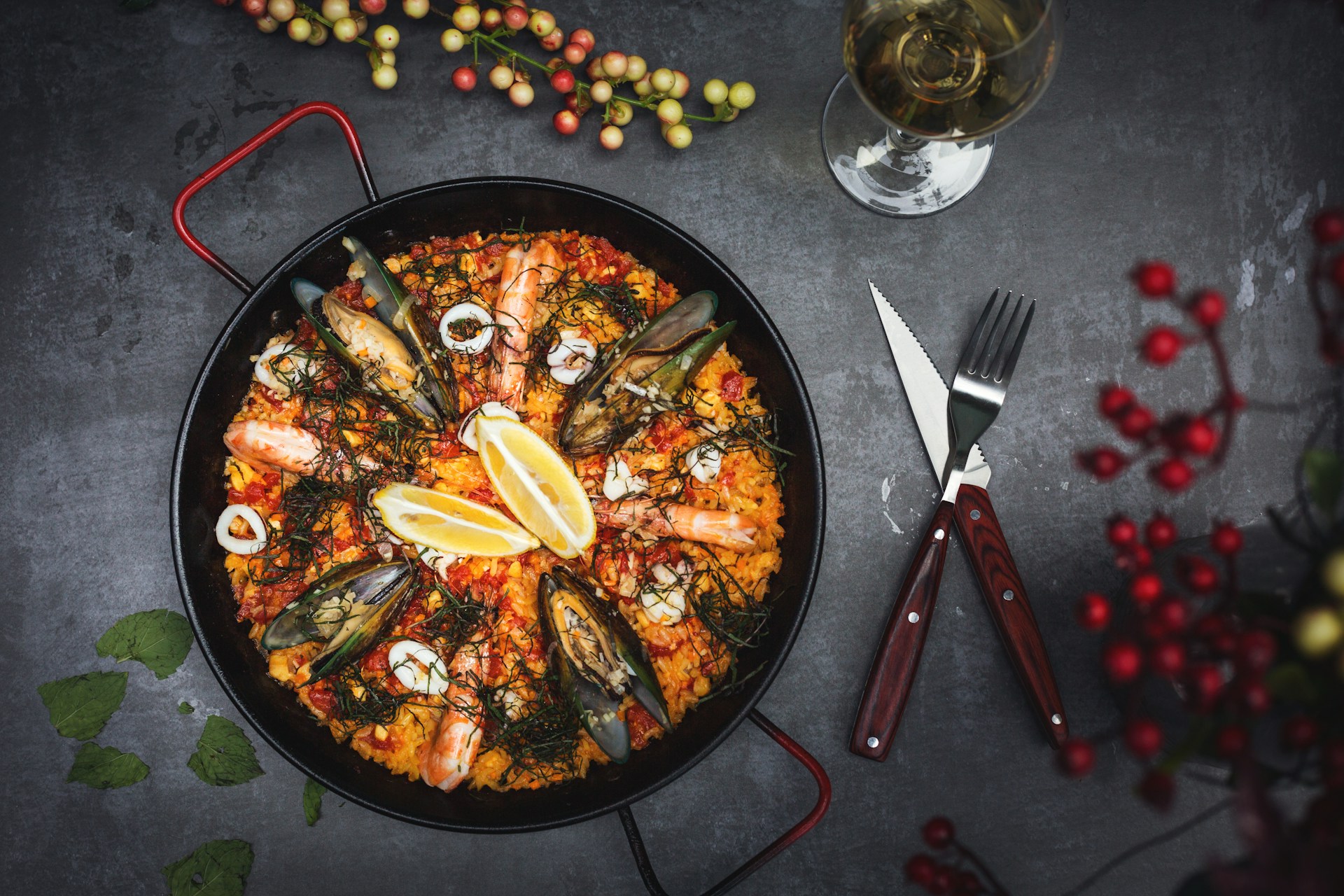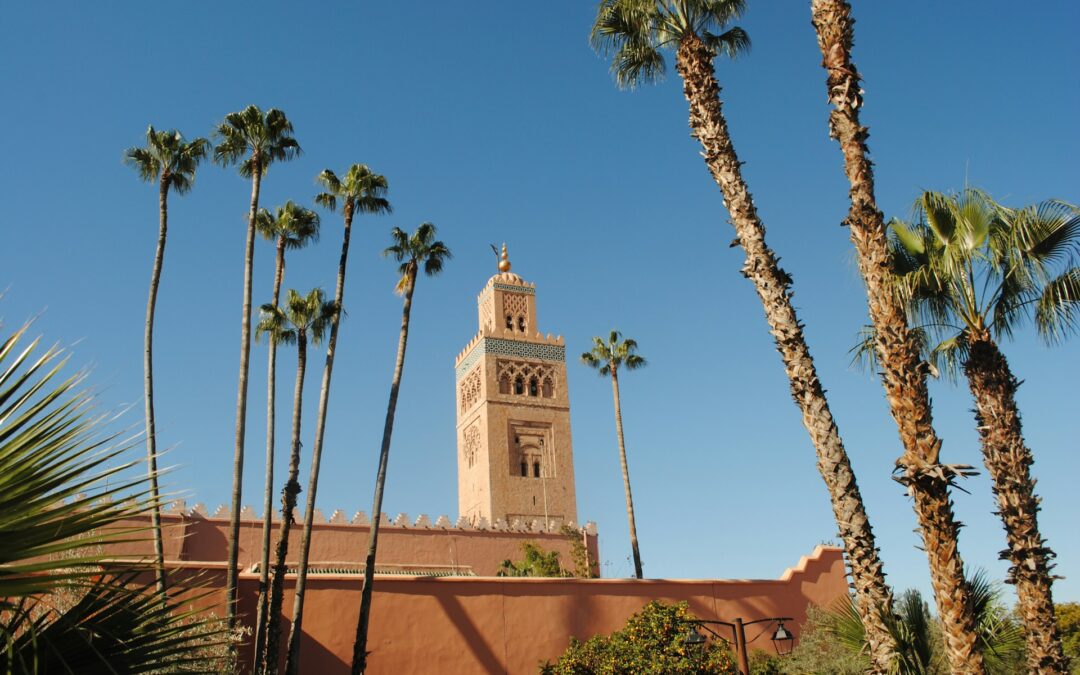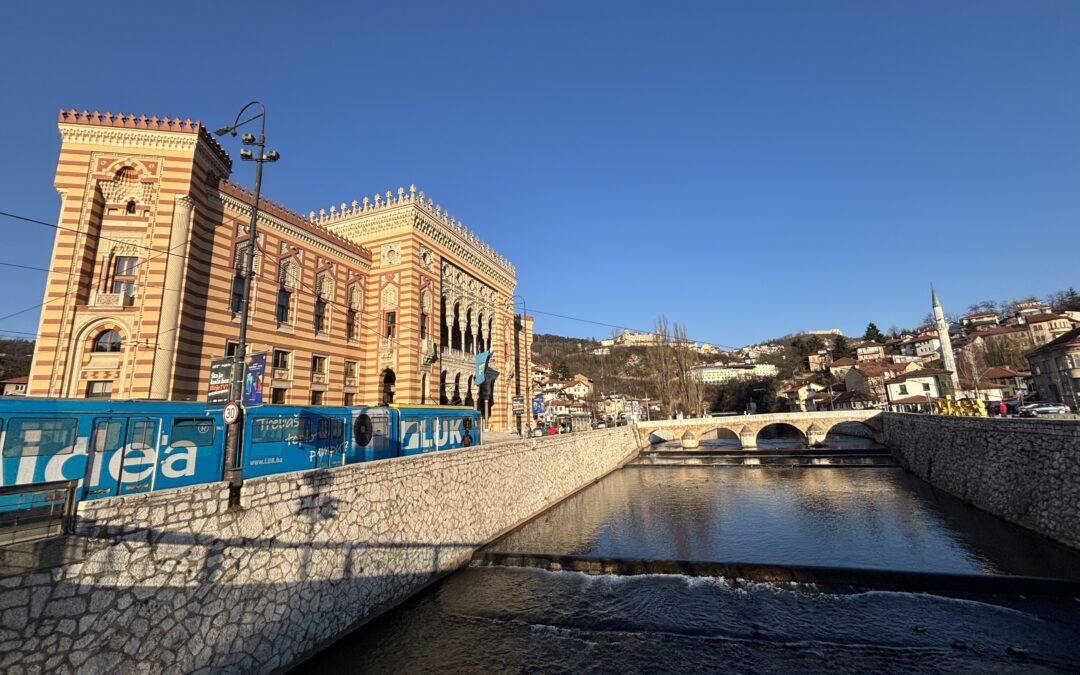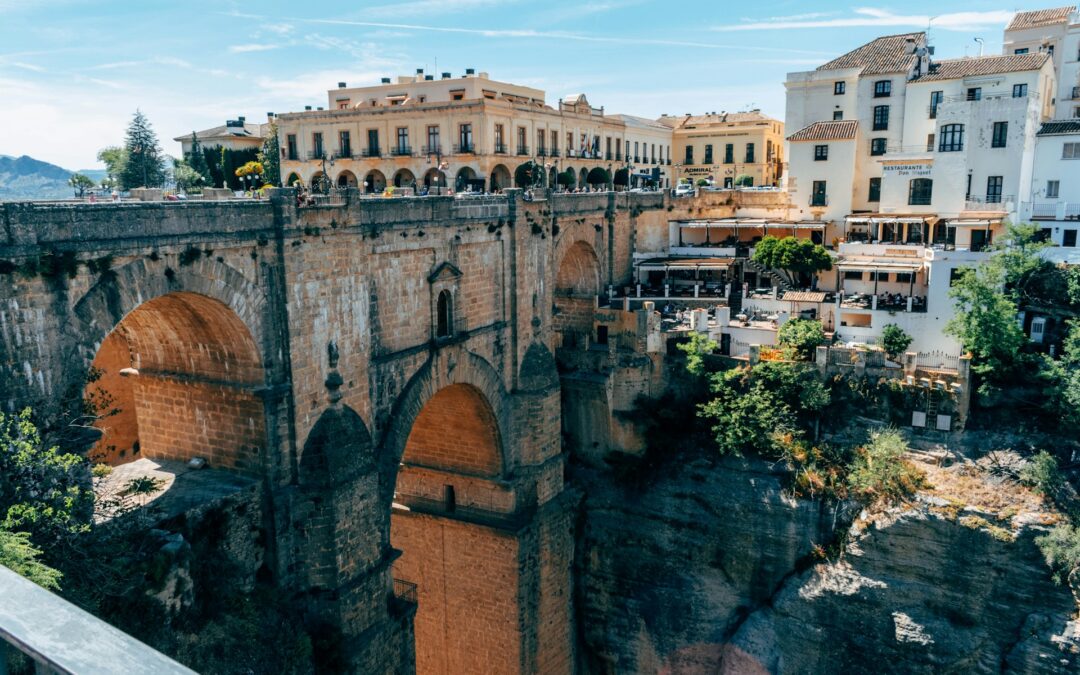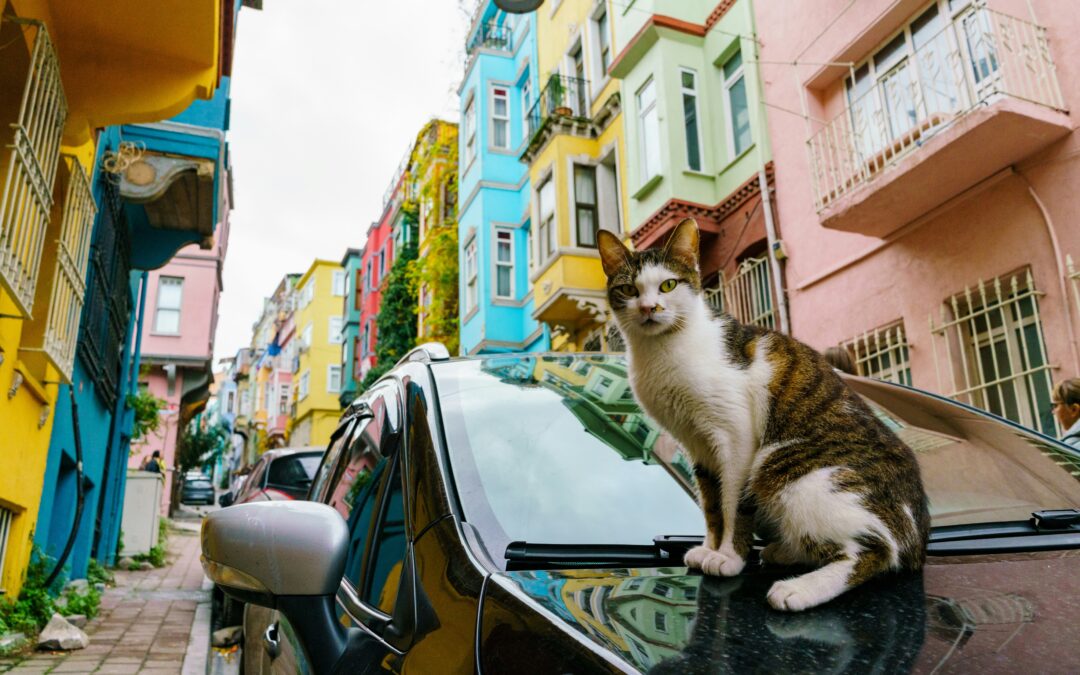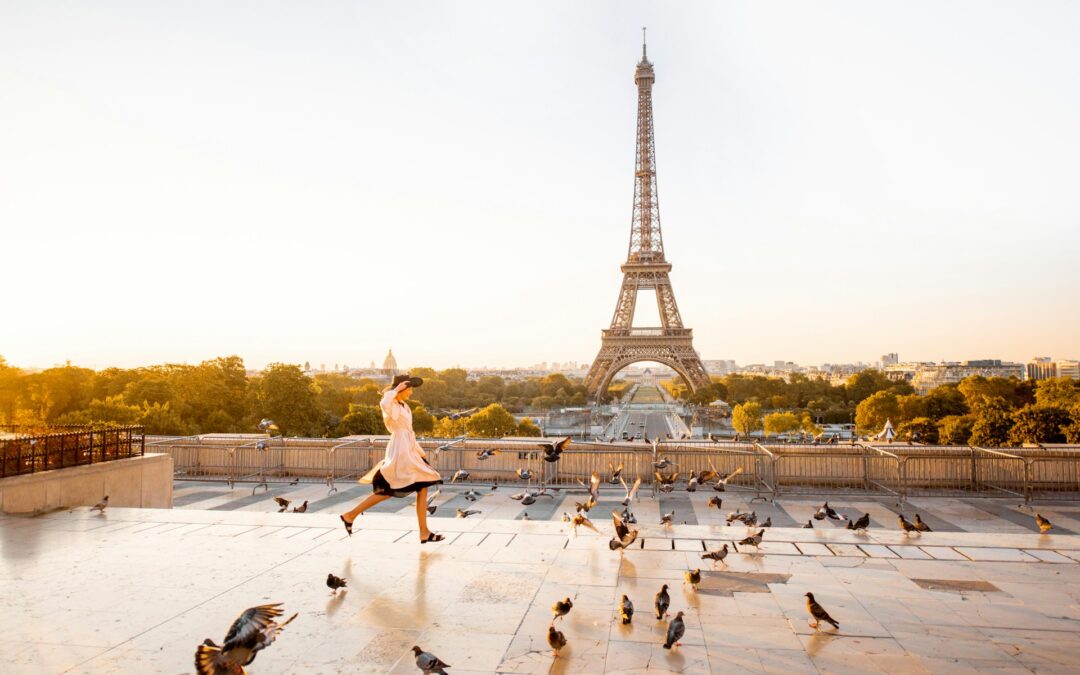Most travelers planning a trip to Italy dream of seeing Rome’s ruins, Florence’s art, or Venice’s canals. But very few ever say, “Let’s go to Genoa.” We didn’t either—at first. Genoa wasn’t on our radar until a spontaneous summer road trip from Croatia changed everything.
It was the peak of the season. The highways were packed. GPS rerouted us through small Italian towns, and by the time we reached Liguria, we were drained. Frustrated, hot, and hangry. But then—we saw Boccadasse. And in that moment, Genoa stole our hearts.
Layers of History You Can Walk Through
Genoa is a city where you feel the weight of history in the stones beneath your feet. The grand architecture of the Palazzi dei Rolli tells you this was once one of Europe’s wealthiest powers. But unlike other cities that polish their history until it gleams, Genoa wears its past with pride—and a little grit.
In fact, Genoa is home to one of the largest and oldest medieval old towns in Europe. Wandering through the maze-like alleyways of the historic center, you’re immersed in layers of culture, centuries of stories, and a feeling that time doesn’t move too fast here.
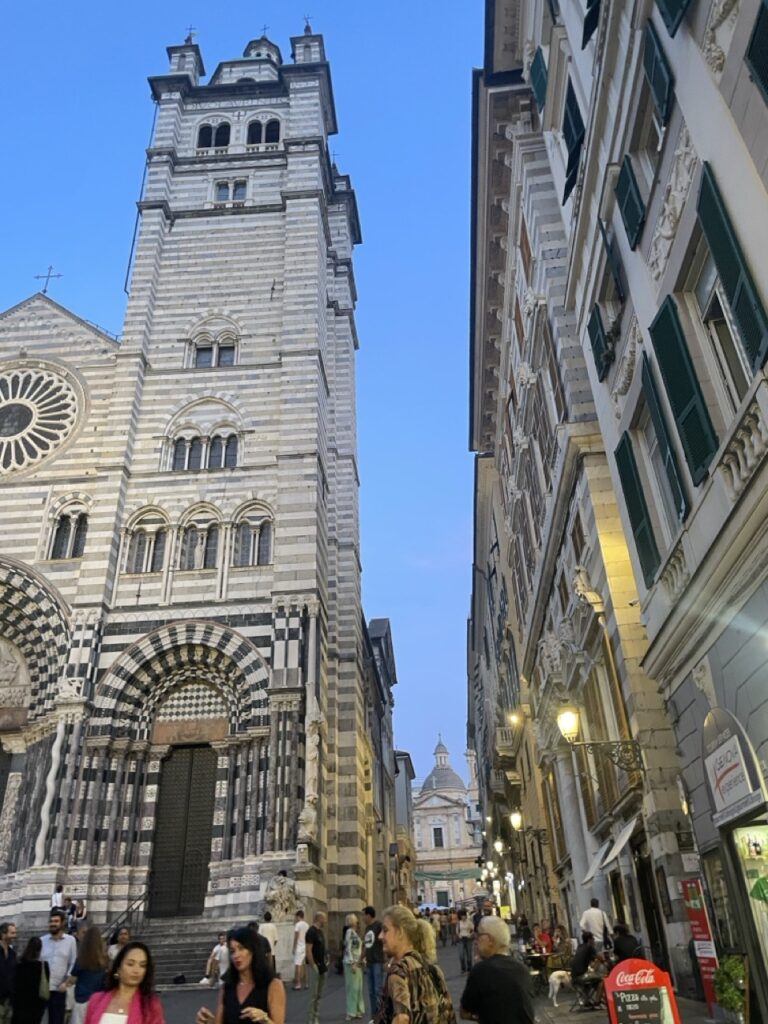
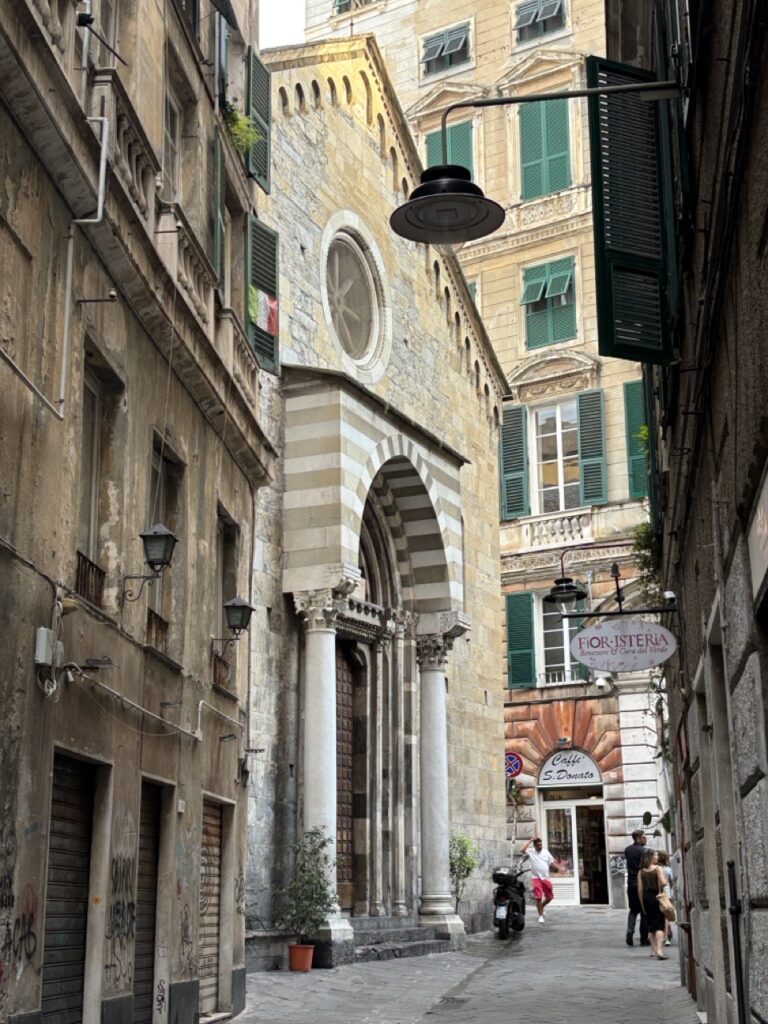
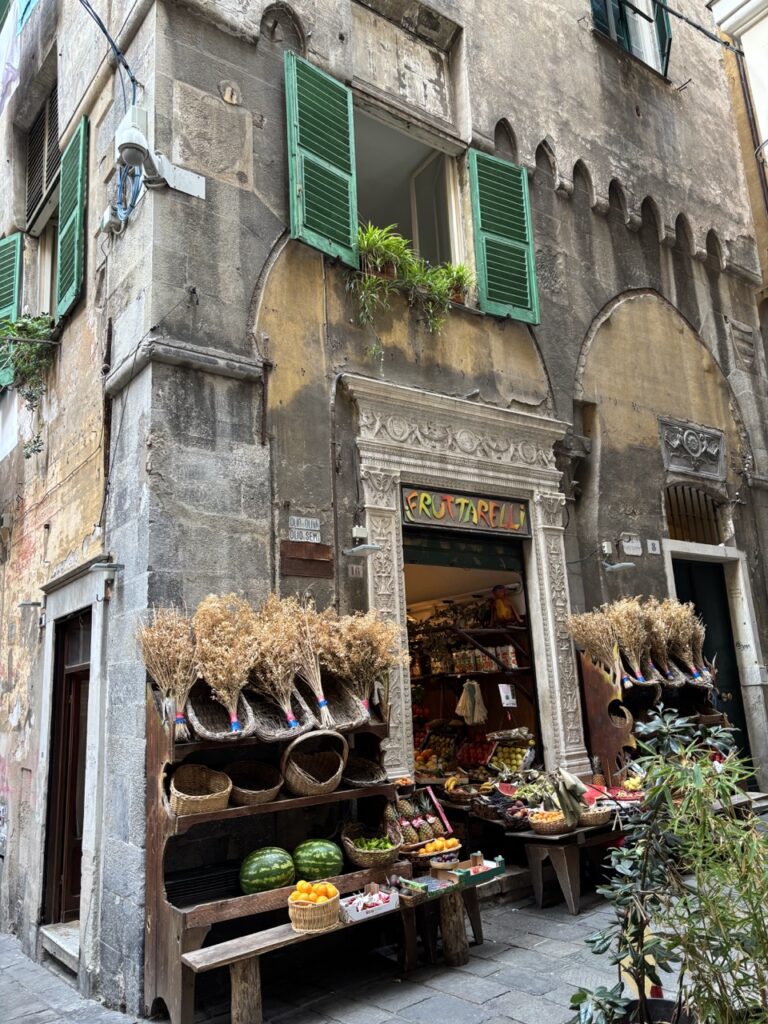
Port Life & The Aquarium: Where Genoa Breathes
Genoa’s identity is deeply tied to the sea. Its port is one of the largest and oldest in Europe, a symbol of the city’s maritime power and international legacy. Today, it’s also a vibrant hub of modern life—where historic ships meet cruise liners, seafood markets meet street musicians.
And just a few steps away, you’ll find the Genoa Aquarium (Acquario di Genova)—one of Europe’s largest aquariums, home to more than 12,000 animals. It’s not only a great spot for families or rainy days, but also an inspiring way to connect with the marine world that shaped this city.
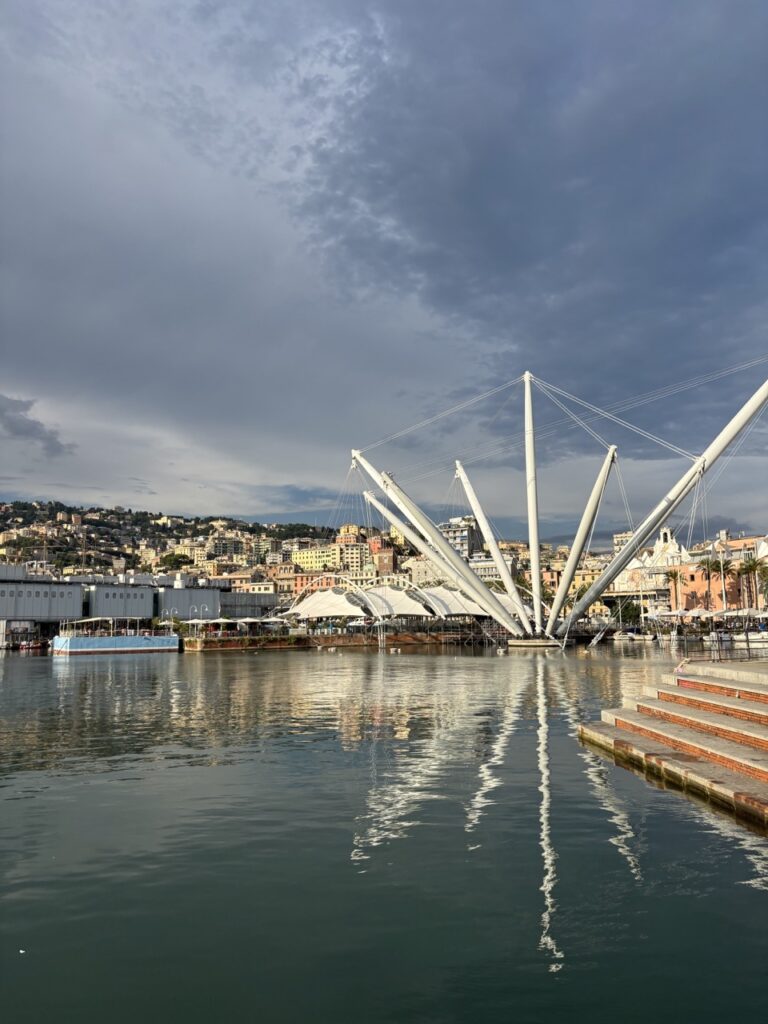
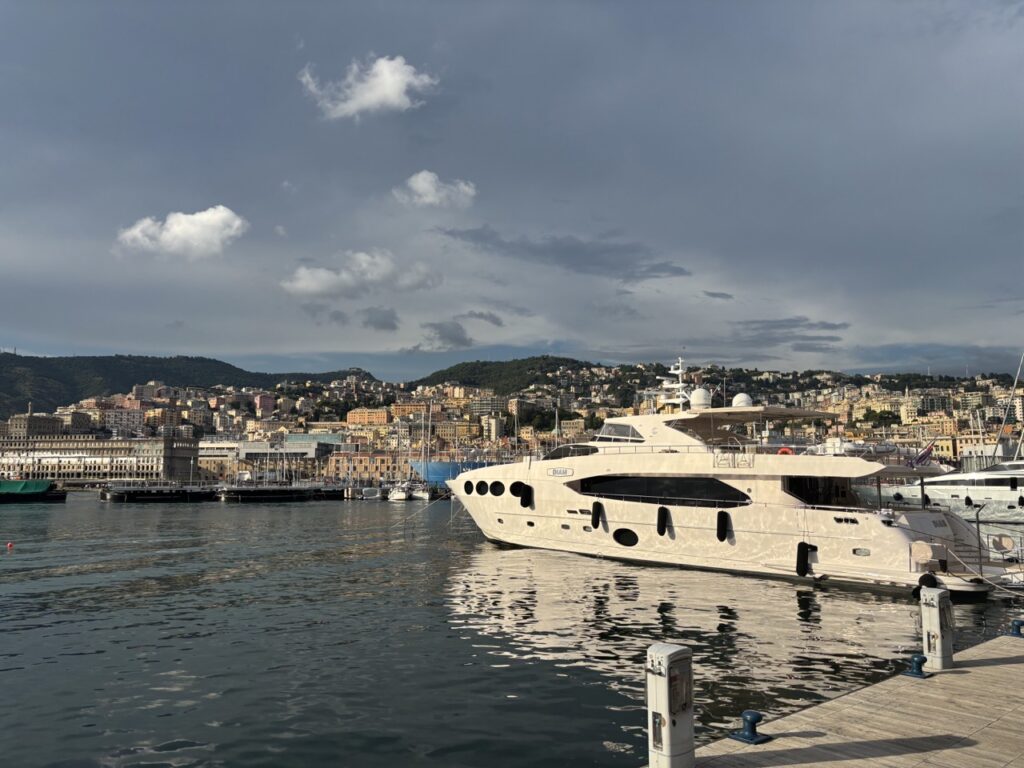
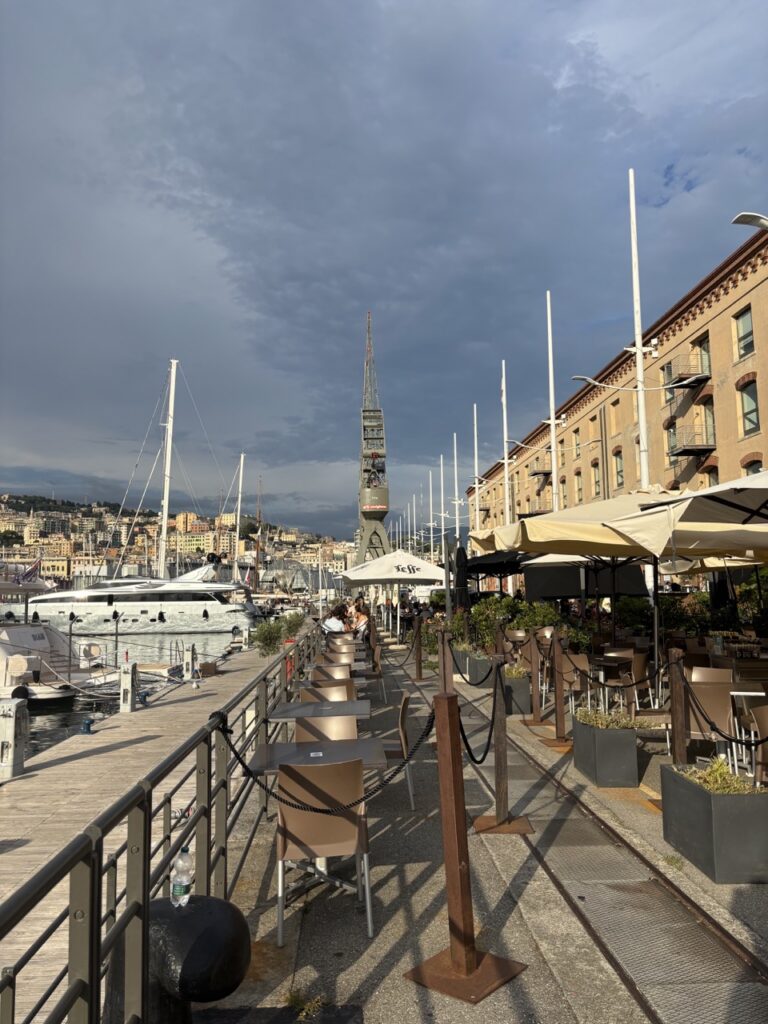
Interesting Fact: Genoa’s Famous Son – Christopher Columbus
Did you know that Christopher Columbus was born in Genoa around 1451?
You can still visit the Casa di Colombo, a small stone house near the old city walls believed to be where the great explorer grew up. Genoa takes pride in its maritime legacy, and Columbus remains one of its most iconic historical figures.
Food That’ll Ruin You for Life
The first bite of focaccia in Genoa is a betrayal—because no other focaccia will taste right after that. Warm, salty, crispy on the outside, soft inside. We tried it plain, with onions, with cheese… and then came the pesto.
Real Genovese pesto, made with local basil and crushed by hand, has an aroma that makes you pause. One dinner in Boccadasse, eating trofie pasta with fresh pesto and local white wine, overlooking the sea—still feels like a dream.
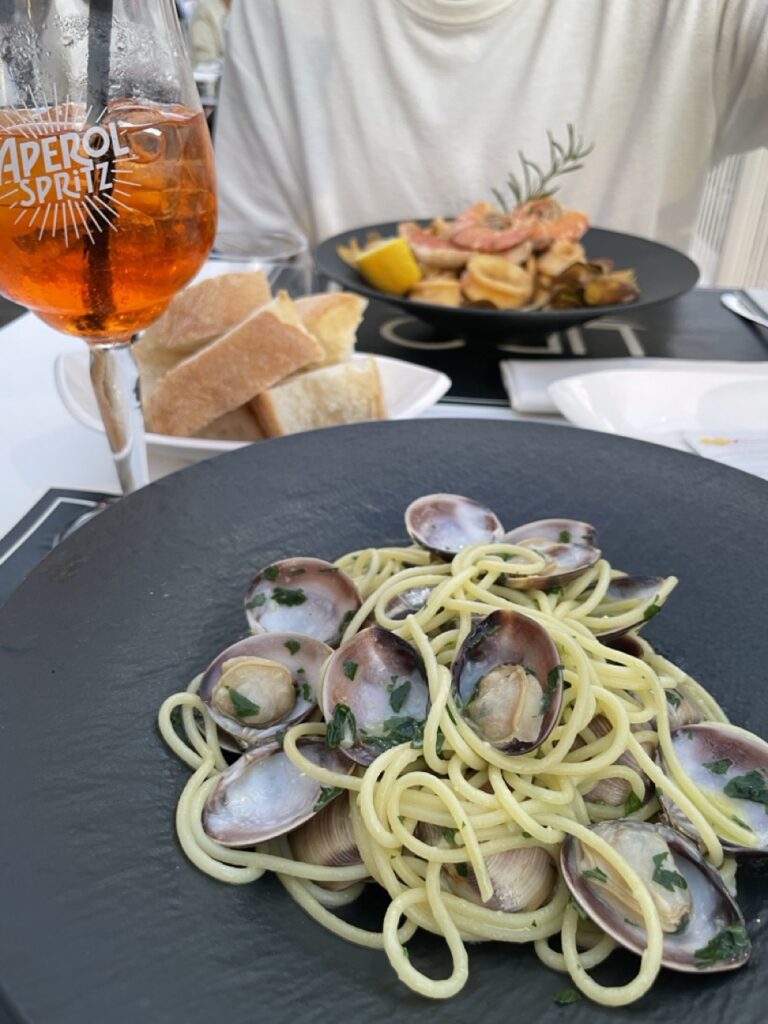
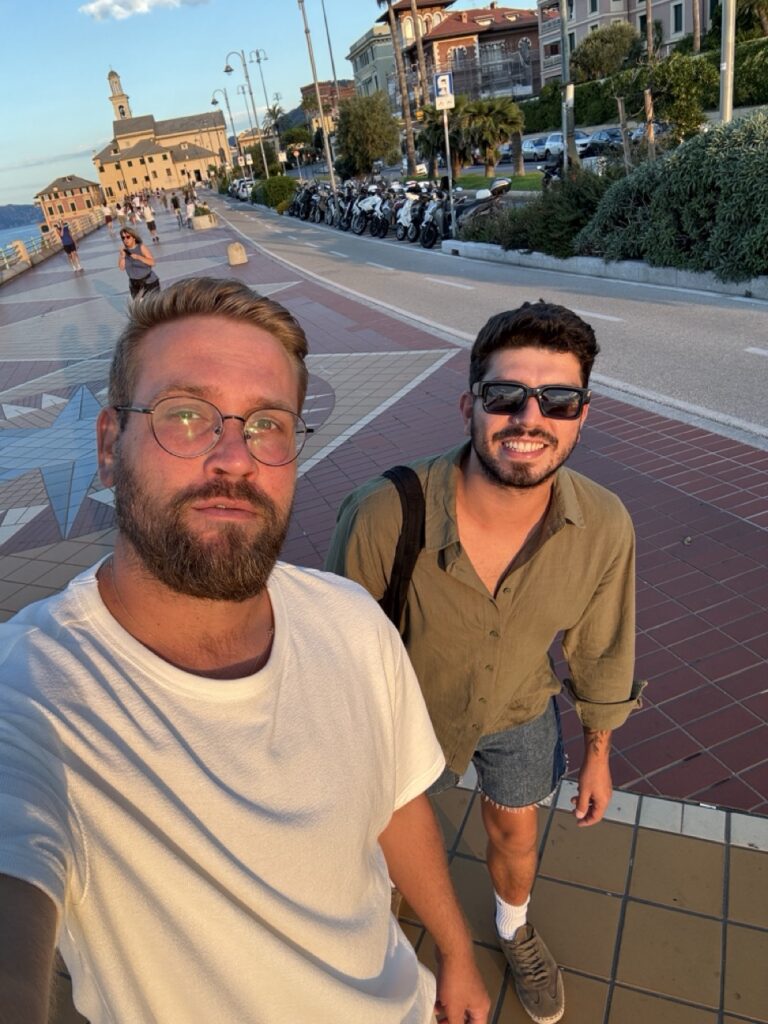
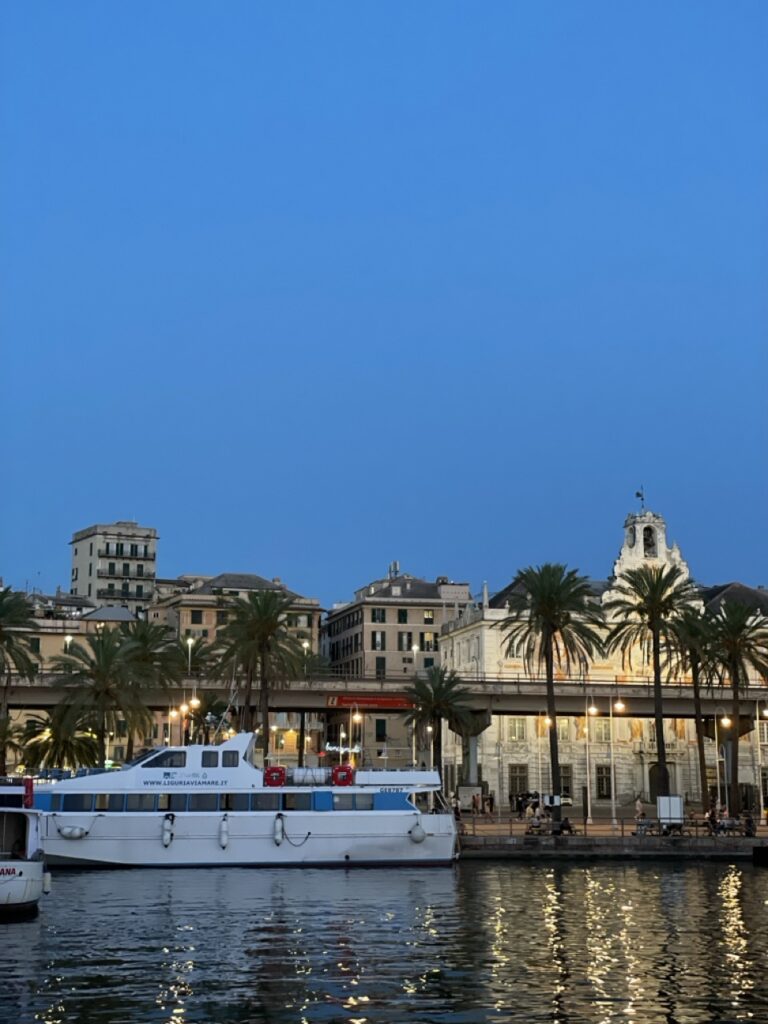
The Soul of the City: Its Caruggi
There’s a strange beauty in Genoa’s chaos. The caruggi are narrow, shadowy, and full of life. Locals hang laundry across alleyways. Kids play football in tiny piazzas. Stray cats nap beside centuries-old doorways.
We got lost more than once—but that’s when we found the soul of the city. Genoa isn’t polished for tourists. It’s authentic, raw, and alive.
Quiet Corners: Parks and Green Escapes
Despite its dense and historic layout, Genoa hides small parks and green terraces where you can breathe. We found ourselves resting in Villetta Di Negro, a peaceful park right above the city with waterfalls, statues, and a view over the port. It felt like a secret garden.
There’s also Spianata Castelletto, a panoramic terrace perfect for sunset views, where locals come to relax, play music, or simply sit and admire their city from above.
Sea, Sunsets, and Boccadasse
We stayed in Boccadasse, and honestly, it felt like we had stepped into a postcard. Pastel-colored houses, small fishing boats bobbing gently, locals dipping their feet into the Ligurian Sea. It was peaceful, timeless.
One evening, we sat on the rocks with a takeaway aperitivo, watching the sun melt into the sea. Kids were jumping into the water, old couples were holding hands, and we… we just sat there smiling. Genoa had completely transformed our mood. The traffic and stress from earlier? Forgotten.
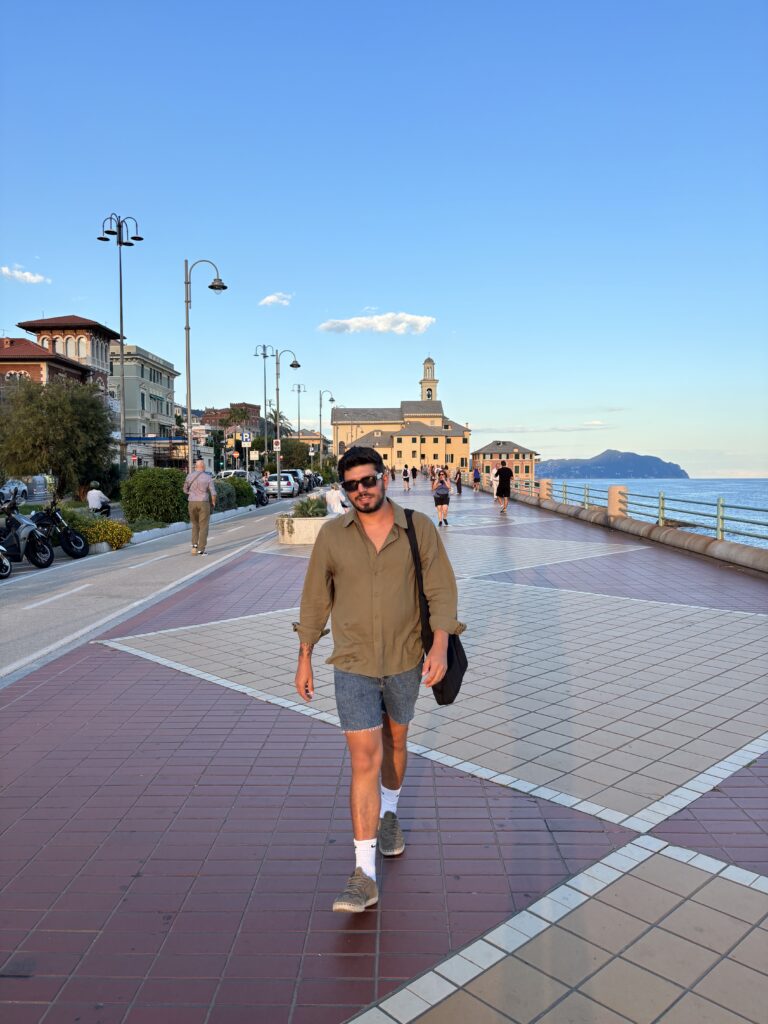
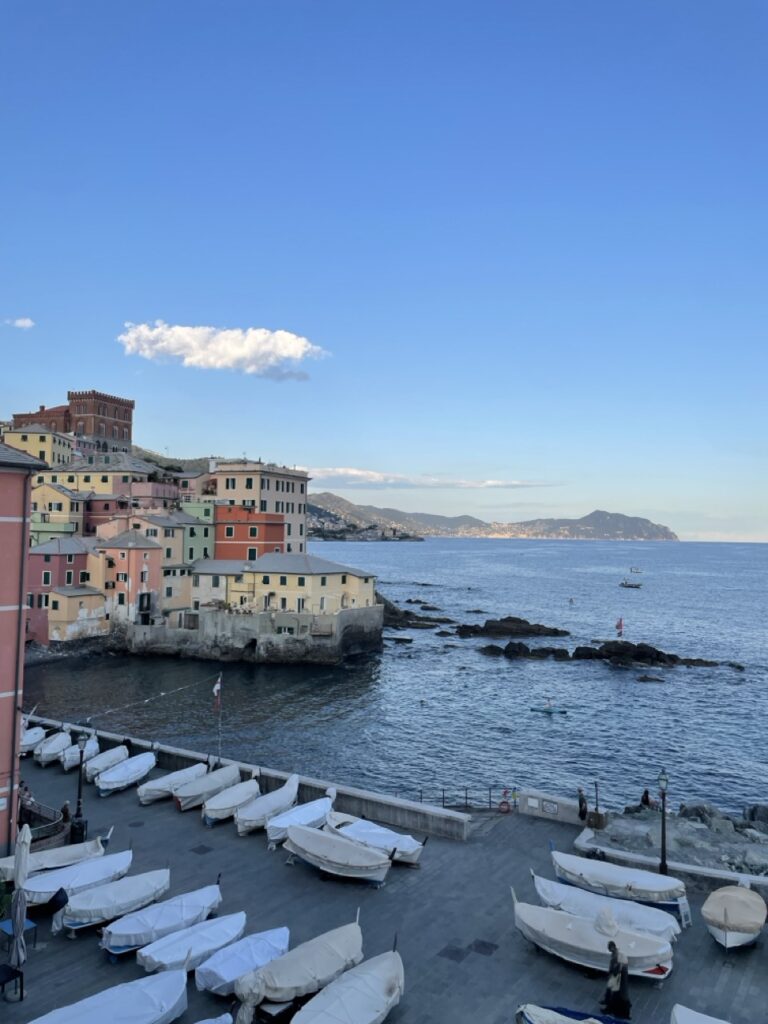
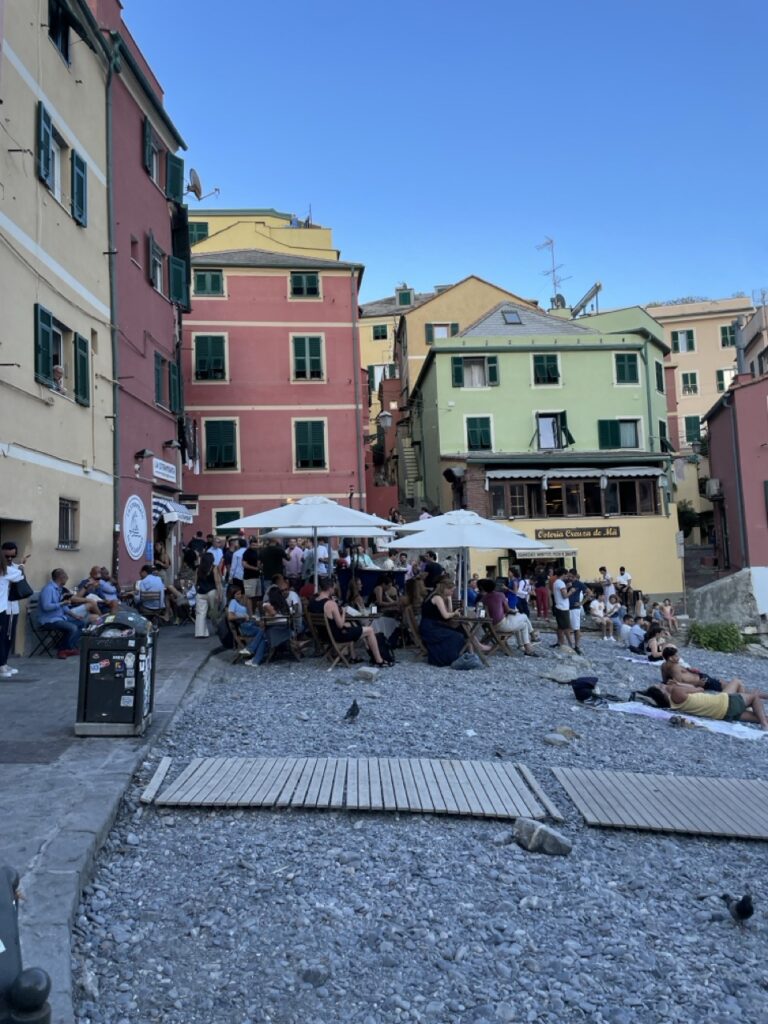
Genoa might not have the Instagram fame of Florence or Rome—but maybe that’s exactly why it’s so special. It feels real. People still live in the center. The food is made with love, not for likes. The city doesn’t perform for visitors—it invites you in, if you’re willing to explore.
So is Genoa Europe’s most underrated city? For us, absolutely.
We came in frustrated and tired, but left full—of joy, of flavor, of sea air and stories we didn’t expect to find.

